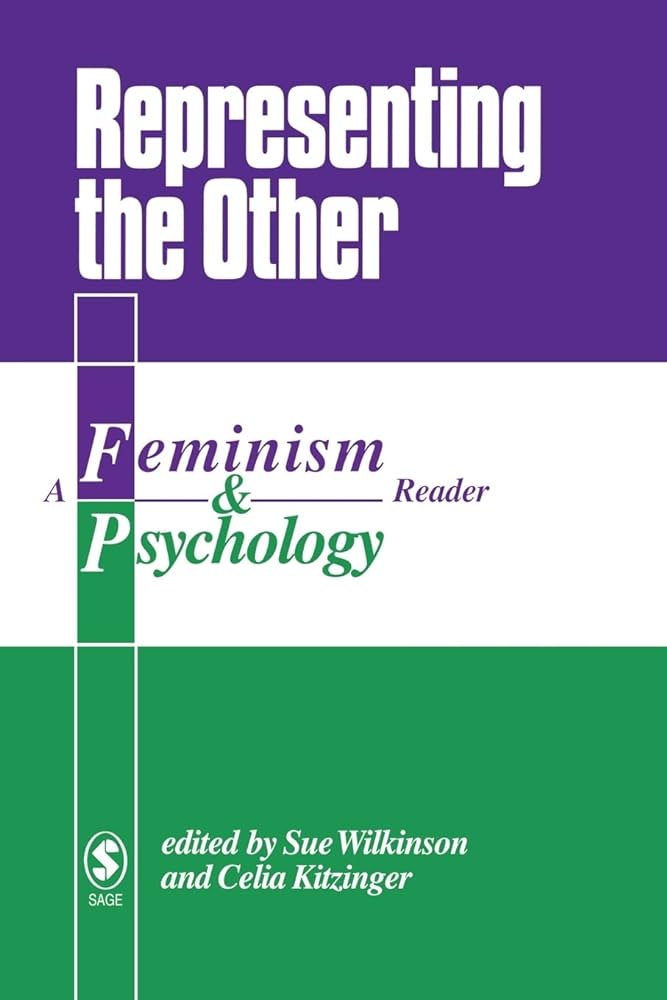女权主义与去殖民化心理学:可能性与挑战
IF 1.9
3区 心理学
Q2 PSYCHOLOGY, MULTIDISCIPLINARY
引用次数: 21
摘要
在这期特刊中,我们汇集了心理学学科中与去殖民化有关的女权主义的论文。这六篇文章和两篇书评涉及了一系列问题:种族、公民身份、解放政治、实践非殖民化的拒绝、使滑头的主体性正常化、伊斯兰反父权解放心理以及头巾的非殖民化。在这篇社论中,我们概述了这些论文对理解非殖民化、女权主义和非殖民化如何相互交流、以及这些论文对女权主义非殖民化心理学的影响等讨论的贡献。这些论文共同强调了破坏权力、知识和存在的性别殖民性的重要性。女权主义和去殖民化努力的交织可以通过以下方式实现:相互告知和塑造对方,进行交叉分析,并借鉴跨国女权主义。女权主义去殖民化心理学的指导原则包括:破坏主流心理科学的父权殖民主义遗产;将性别殖民与全球化等其他权力体系联系起来;调查殖民主义和性别权力关系交织在一起的问题;使用与女权主义去殖民化心理学相吻合的研究方法;并将实践重点放在能够实现非殖民化的问题上。考虑到殖民主义和权力-知识-存在的父权制的复杂性,女权主义的去殖民化心理可能会失败。本期特刊中提出的问题指出了为什么不应该这样做。本文章由计算机程序翻译,如有差异,请以英文原文为准。
Feminisms and decolonising psychology: Possibilities and challenges
In this special issue, we bring together papers that speak to feminisms in relation to decolonisation in the discipline of psychology. The six articles and two book reviews address a range of issues: race, citizenship, emancipatory politics, practising decolonial refusal, normalising slippery subjectivity, Islamic anti-patriarchal liberation psychology, and decolonisation of the hijab. In this editorial we outline the papers’ contributions to discussions on understanding decolonisation, how feminisms and decolonisation speak to each other, and the implications of the papers for feminist decolonising psychology. Together the papers highlight the importance of undermining the gendered coloniality of power, knowledge and being. The interweaving of feminisms and decolonising efforts can be achieved through: each mutually informing and shaping the other, conducting intersectional analyses, and drawing on transnational feminisms. Guiding principles for feminist decolonising psychology include: undermining the patriarchal colonialist legacy of mainstream psychological science; connecting gendered coloniality with other systems of power such as globalisation; investigating topics that surface the intertwining of colonialist and gendered power relations; using research methods that dovetail with feminist decolonising psychology; and focussing praxis on issues that enable decolonisation. Given the complexities of the coloniality and patriarchy of power-knowledge-being, feminist decolonising psychology may fail. The issues raised in this special issue point to why it mustn’t.
求助全文
通过发布文献求助,成功后即可免费获取论文全文。
去求助
来源期刊

Feminism & Psychology
Multiple-
CiteScore
3.30
自引率
11.10%
发文量
51
期刊介绍:
Feminism & Psychology provides a forum for debate at the interface between feminism and psychology. The journal"s principal aim is to foster the development of feminist theory and practice in – and beyond – psychology. It publishes high-quality original research, theoretical articles, and commentaries. We are interested in pieces that provide insights into the gendered reality of everyday lives, especially in relation to women and girls, as well as pieces that address broader theoretical issues. Feminism & Psychology seeks to publish work from scholars, researchers, activists and practitioners at all stages of their careers who share a feminist analysis of the overlapping domains of gender and psychology.
 求助内容:
求助内容: 应助结果提醒方式:
应助结果提醒方式:


